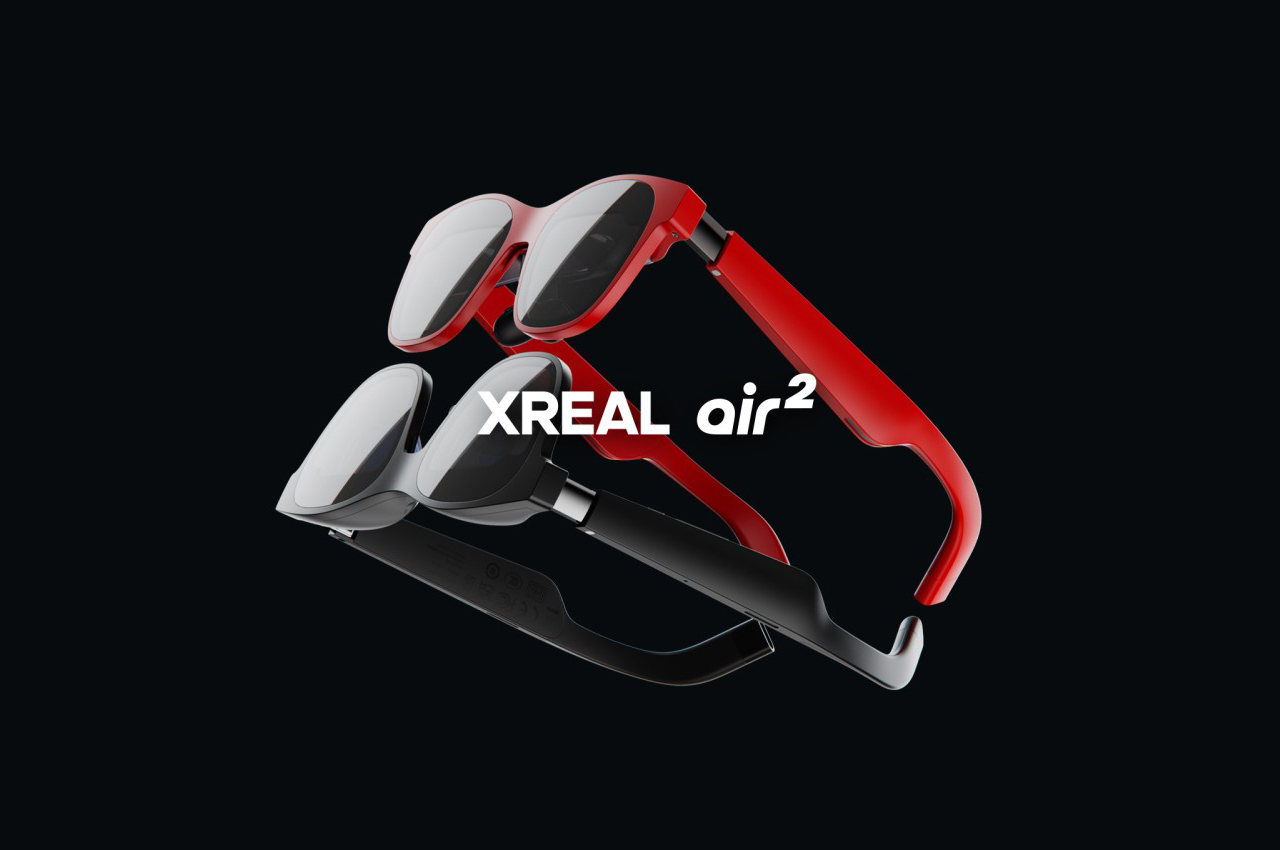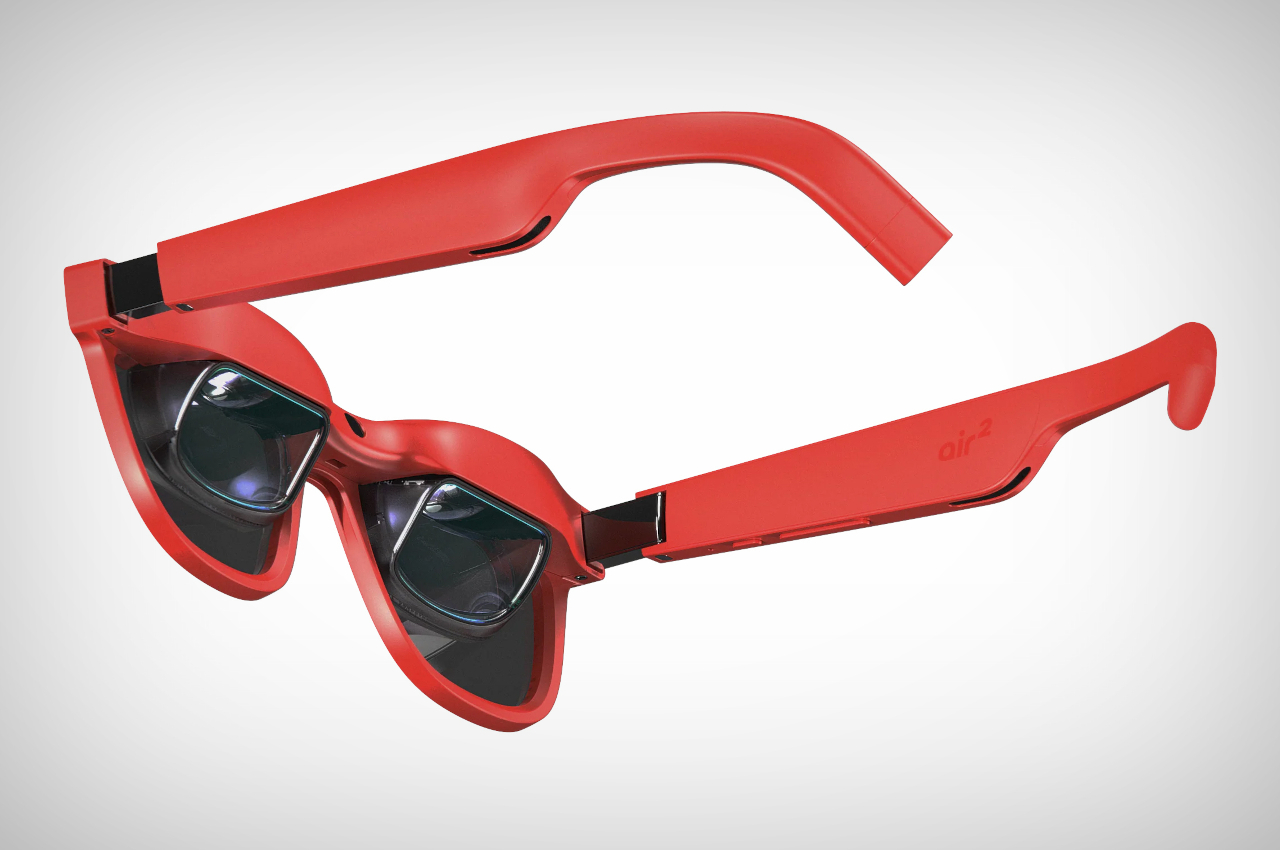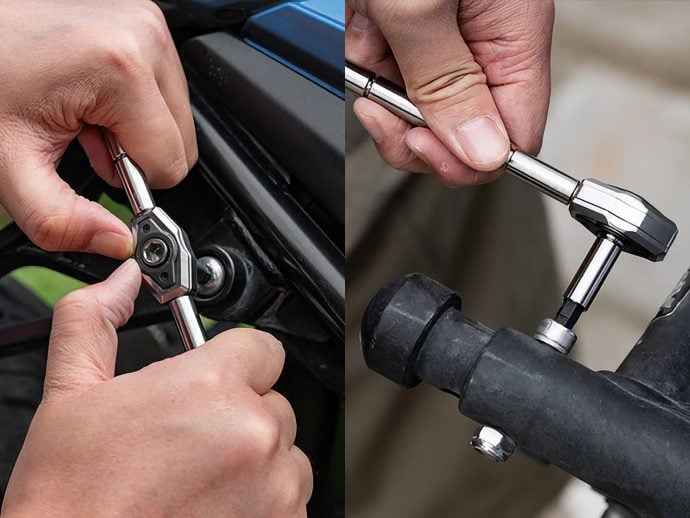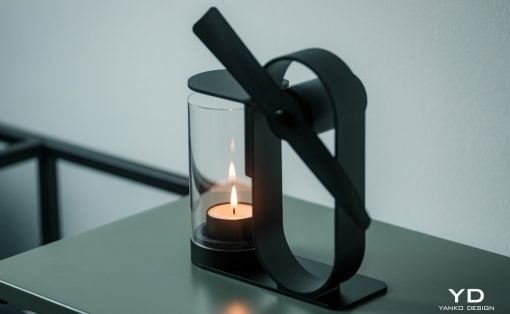AR sunglasses represent a growing market, offering alternatives to VR headsets equipped with mixed-reality pass-through (like the Meta Quest 2 and 3). One of the selling points is style; since they’re smaller and lighter, and since they look like actual sunglasses, you can theoretically wear them outside of your house without catching weird looks. And they usually have at least a few unique features and applications that make them worth using out in public, for instance, blowing up your handheld gaming device into a virtual home theatre while sitting on the bus.
Xreal, formerly Nreal, just announced its newest pair of XR glasses, the Air 2 and Air 2 Pro. They’re not scheduled to officially release until next month; they ship out in the United States, Britain, and key parts of Europe in late November at $399 and $449, respectively. But reviews are already rolling in, with interesting insights about the Xreal Air 2’s usability and cost performance.
Designer: Ranxin Zhou (via Xreal)
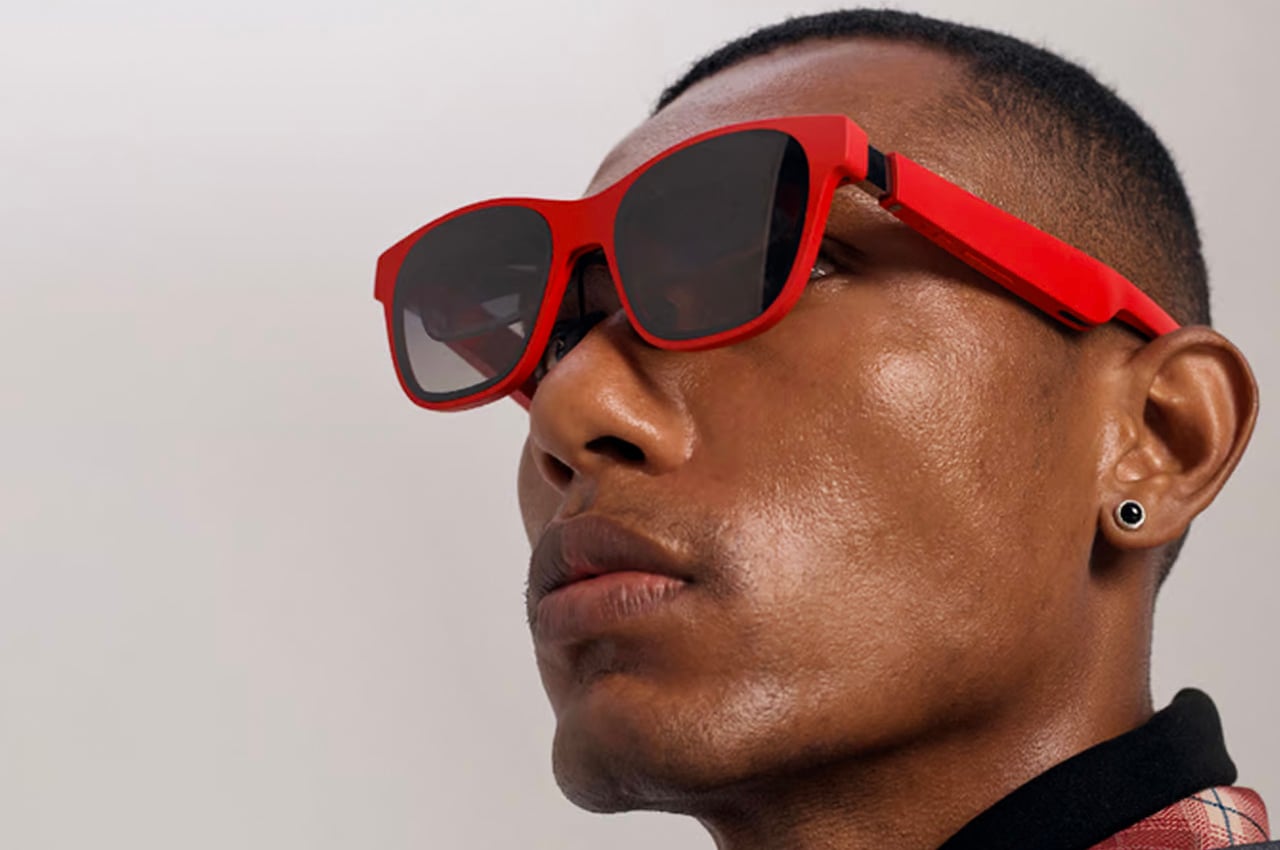
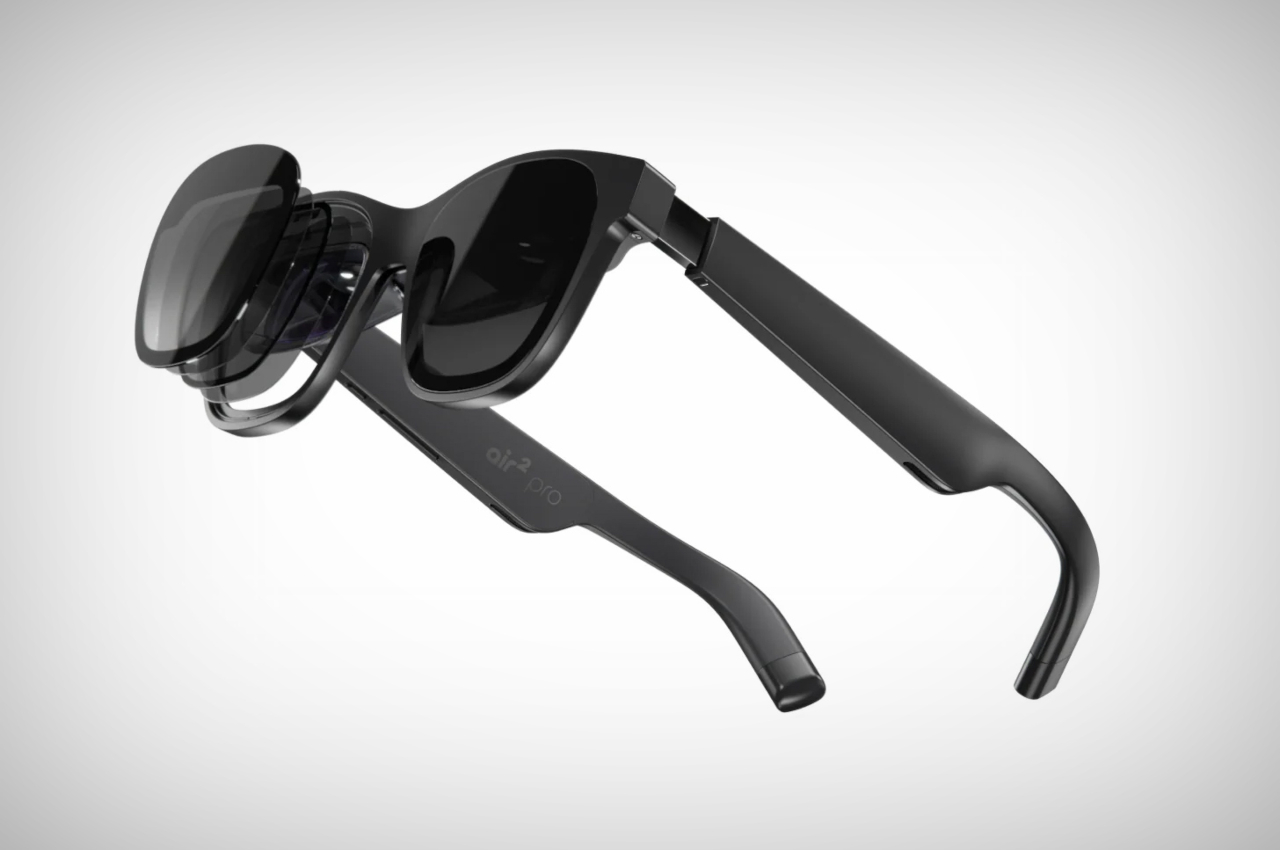
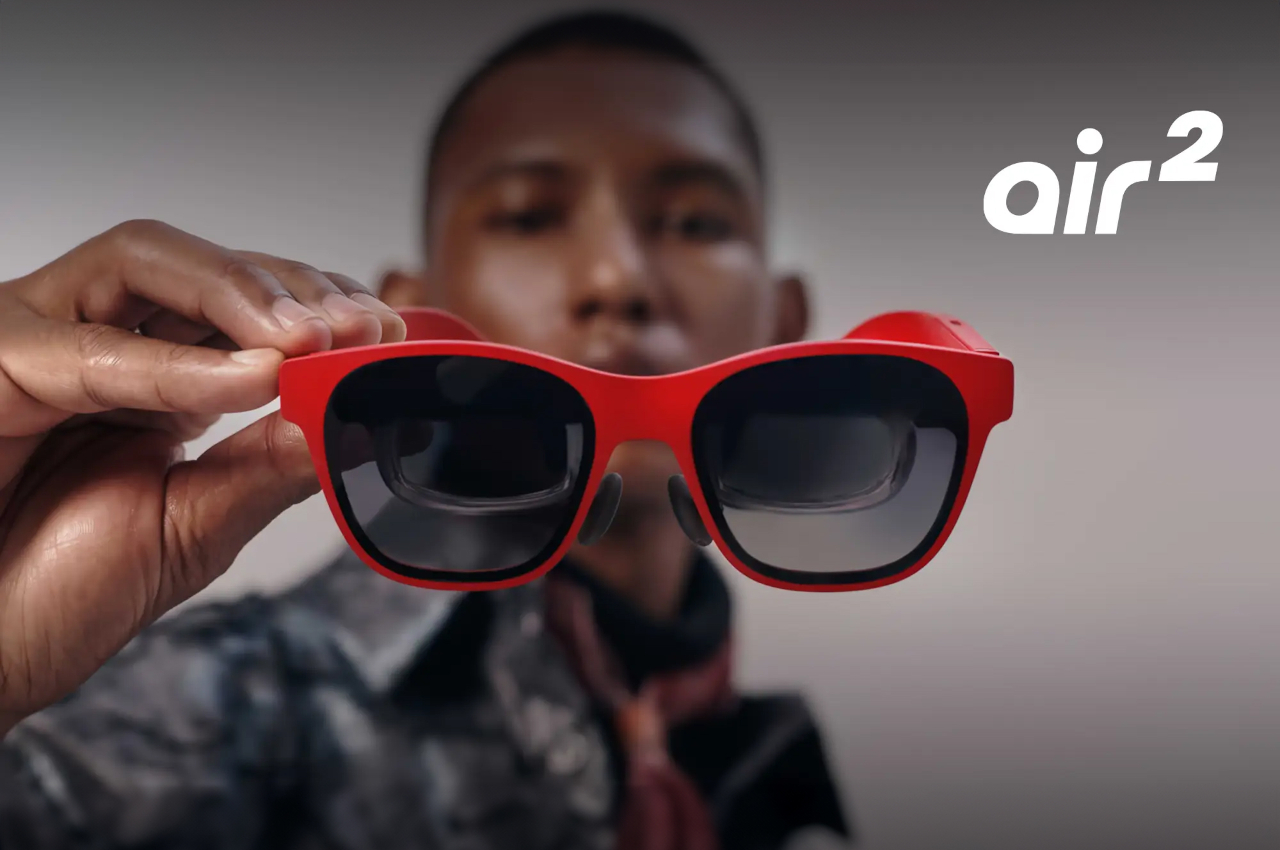
TechRadar seemed to love the Air 2’s “comfortable, lightweight design” while warning potential buyers to steer clear if they don’t travel around with one of the few compatible devices, like a gaming PC, due to its lack of standalone functionality. But it sounds like the real use case for the Xreal glasses is taking mixed-reality passthrough with you on the go, meaning it’s best-designed for owners of the Steam Deck or the ASUS ROG Ally.
Both glasses come with 1080p Sony Micro OLED displays capable of displaying 500 nits of brightness through a 46-degree field of view, which is optimal for playing “flat” games on a static screen rather than engaging in full 6DoF VR or MR gameplay. They also seem to run fast – up to 120 Hz, which is also great for gaming. Its built-in “cinematic audio” speakers are also getting a bump from the original Air glasses as well, and are advertised as being specially designed to reduce audio leakage.
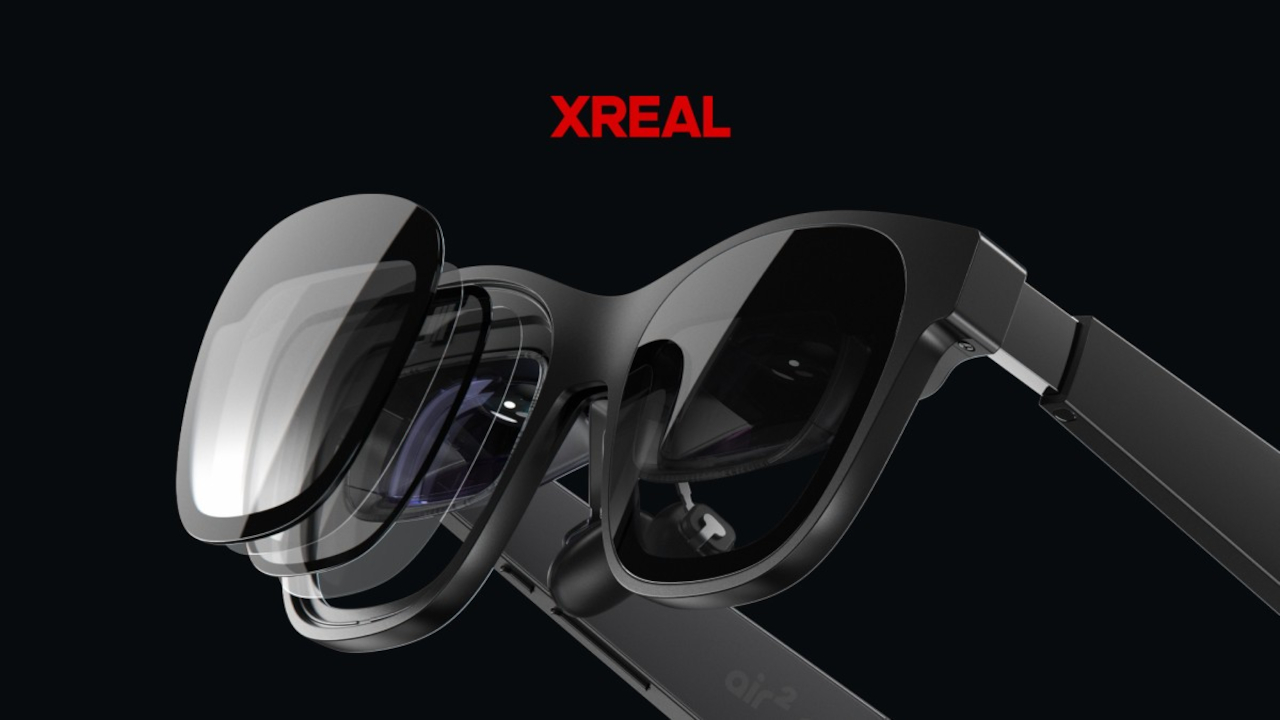
The Air Pro 2 seems like the real star of the show, using its exclusive dimming control feature to reduce outside light sources down to 0%, making for a far more immersive experience while playing games and watching movies in home theatre mode. Though it does indeed work with PCs, it seems to underwhelm (according to reviewers) when compared to far more versatile VR headsets like the Quest 2/3 and Valve Index, but strangely enough, the hype cycle surrounding the vastly superior Apple Vision Pro still drove sales for Xreal in July 2023.
Xreal Air 2 and Air 2 Pro are set to officially release for $399 and $449 in late November 2023.
